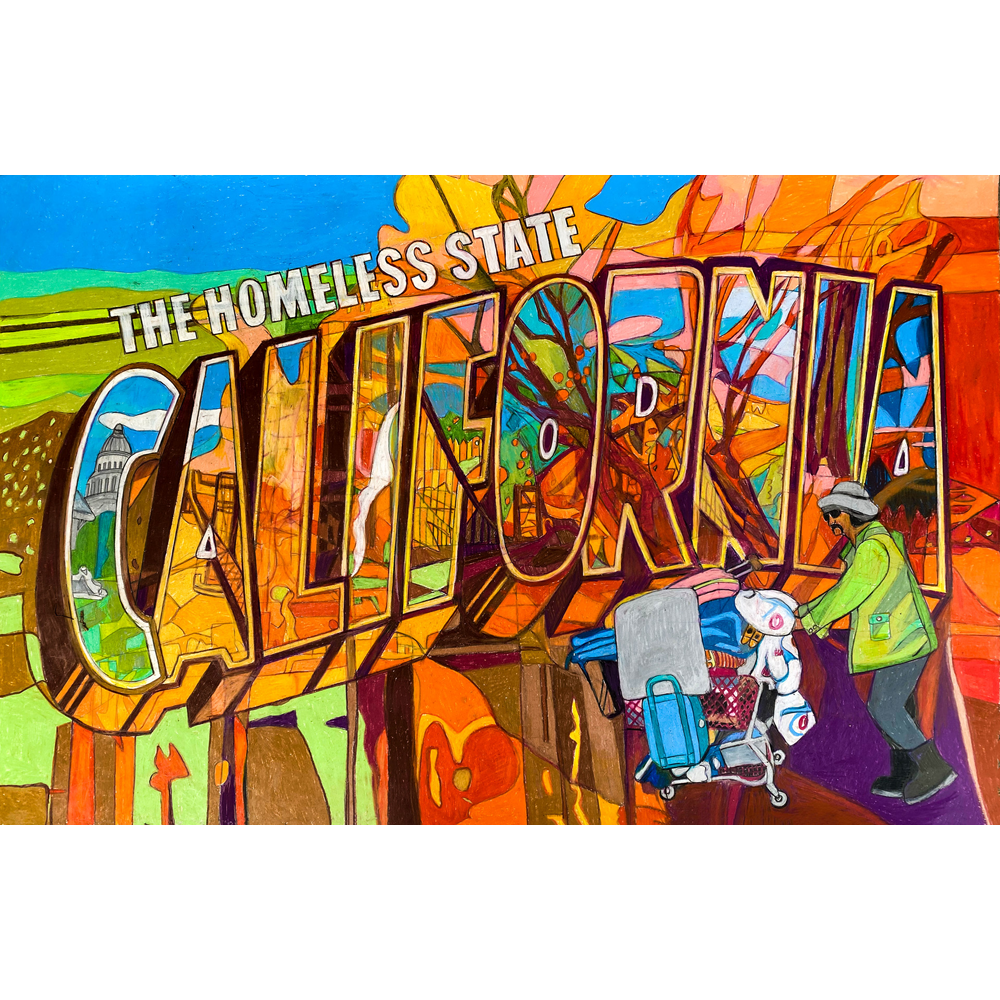Description
California, often called the Golden State, is not only known for its vibrant economy and iconic landscapes but also for being the most populous state in the nation. However, it faces significant challenges, including a staggering homelessness crisis becoming “The Homeless State.”
In January 2021, a report from the United States Department of Housing and Urban Development estimated that over 161,000 people in California were unhoused, representing a significant portion of the nation’s homeless population.
Research from the University of California, San Francisco’s Curry Center sheds light on the primary reasons individuals become unhoused. The key factors include:
- 31%: Job loss
- 20%: Substance use (drugs or alcohol)
- 15%: Divorce or separation
- 13%: Family conflict resulting in being asked to leave
- 10%: Eviction
- 7%: Domestic violence
- 7%: Mental health challenges
- 7%: Physical health issues or medical conditions
- 12%: Incarceration
- 1%: Housing restrictions due to probation or parole
These statistics underscore the multifaceted nature of homelessness, influenced by economic, social, and health-related issues. Addressing this crisis requires a holistic approach that tackles its root causes while providing sustainable solutions for those affected.




